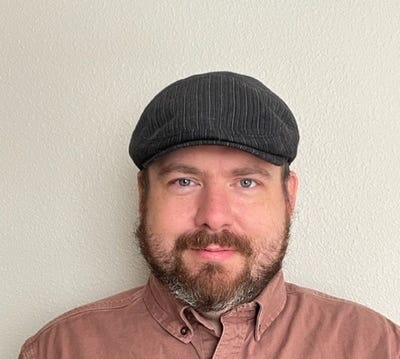Fujifilm expands UK manufacturing space with one eye on the futureFujifilm expands UK manufacturing space with one eye on the future
The expansion prepares the company for future projects while enabling production of a therapy for wet age-related macular degeneration (AMD).

Fujifilm Diosynth Biotechnologies celebrated the completion of a £100 million ($131 million) microbial fermentation manufacturing facility in Billingham, UK, in a ceremony earlier this week. Employees were treated to a barbecue lunch with mocktails, and an ice cream van arrived on site to serve dessert. Seating was arranged both under a marquee and around picnic tables outside so that employees could enjoy the sunny afternoon.
The expansion included updates to Fujifilm’s existing site that will triple the company’s existing microbial production throughput with a new production line equipped with 2 x 4000-L fermenters, a primary separations suite, and a modular purification suite.
“Sight loss is devastating for the quality of life, and the confidence, of those who suffer from it” said Lord Vallance, minister of state for science, research, and innovation in the UK. “The specialized therapeutics that will be made at Billingham, thanks to this investment, could eventually help thousands of people who suffer from wet age-related macular degeneration.”
Rhiannon Berriman, corporate communications manager at Fujifilm UK told BioProcess Insider that with construction complete, the team is in final preparations for upcoming commissioning runs. “The facility will be fully operational by late 2024.”
The facility was primarily constructed to accommodate a large pharmaceutical partner’s work on an ophthalmic therapeutic for wet age-related macular degeneration (AMD). Wet AMD is a type of eye disorder that occurs when blood and fluids leak into the macula, causing blurred and distorted vision.
“With the completion of this project, we are fulfilling our commitment with our partner, and supporting the commercialization of its ophthalmic therapeutic,” said Lars Petersen, president and CEO, Fujifilm Diosynth Biotechnologies.
Berriman said that although the site was built to accommodate a specific client’s needs, it can be adjusted to expand Fujifilm’s microbial program offerings in the future.
Details about the facility’s manufacturing capacity were not disclosed in order to protect the confidentiality of the client.
About the Author
You May Also Like








